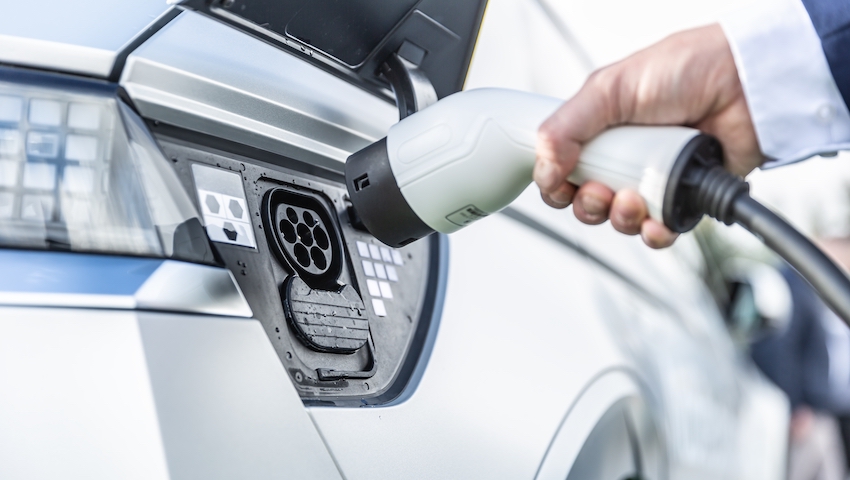Fuel Management 101: Cutting Costs and Boosting Efficiency in Your Fleet
Navigating the terrain of fuel management can feel like a complex journey, but with the right tools and strategies, it’s possible to streamline your fleet operations, slashing costs and enhancing efficiency.
In this era of rising fuel prices and environmental consciousness, understanding how to optimise your fleet’s fuel usage is paramount.
Incorporating GPS business vehicle tracking into your management arsenal allows you to not only monitor fuel consumption in real time but also to make informed decisions that lead to substantial savings and operational excellence.
Get ready to rev up your fleet’s performance, minimise environmental impact, and drive your business forward with cost-effective and efficient fuel management practices.
The Role of Technology in Fuel Management
Today’s systems offer a comprehensive suite of tools that provide real-time insights into vehicle performance, fuel usage, and driver behaviour.
This wealth of data is a goldmine for fleet managers, enabling them to devise strategies that significantly enhance fuel efficiency and reduce unnecessary expenditures.
The Role of GPS Tracking
Among the various technological tools at their disposal, GPS tracking stands out for its ability to deliver direct benefits in fuel management.
This system does more than just track location; it offers a detailed analysis of route efficiency, idling times, and speed patterns.
Such detailed analytics are crucial for pinpointing areas where fuel wastage can be curtailed, thereby fostering a culture of efficiency and mindfulness among drivers.
Economic and Efficiency Gains
The economic benefits of integrating GPS tracking in fleet management are substantial. By monitoring and optimising routes, businesses can significantly cut down on unnecessary mileage, leading to a direct reduction in fuel consumption.
Furthermore, data on driving habits can be used to train drivers in fuel-efficient driving techniques, further lowering fuel costs and enhancing the longevity of vehicles.
Informed Decision-Making Through Data
The real magic of modern technology in fuel management lies in its ability to turn data into decisions.
Fleet managers can use the insights gathered from tracking systems to make informed choices about route planning, vehicle maintenance, and even fuel purchasing strategies.
This data-driven approach not only optimises fuel usage but also helps in forecasting and budgeting, making the entire fleet operation more predictable and manageable.
Sustainability and Environmental Stewardship
In an era where environmental concerns are paramount, the ability of modern technology to reduce fuel consumption has a significant green impact.
Lower fuel usage translates directly to reduced greenhouse gas emissions, helping companies align with environmental standards and sustainability goals.
This not only benefits the planet but also enhances the company’s reputation as a responsible business.
Looking Ahead to The Future of Fuel Management
The horizon of fuel management technology is expanding, with emerging trends like autonomous vehicles, Internet of Things (IoT) integration, and machine learning offering new opportunities for efficiency gains.
These technologies promise to further refine fuel management practices, leading to even greater cost savings and environmental benefits.
Summing it Up
The intersection of technology and fuel management is creating a new era of efficiency and cost-effectiveness in fleet operations.
GPS vehicle tracking, alongside other technological innovations, is at the forefront of this change, offering tangible benefits in terms of fuel savings, operational efficiency, and environmental sustainability.
As businesses continue to navigate the complexities of fleet management, embracing these technological solutions will be crucial for achieving long-term success and sustainability, making the journey not just about reaching destinations but also about valuing the journey itself.
